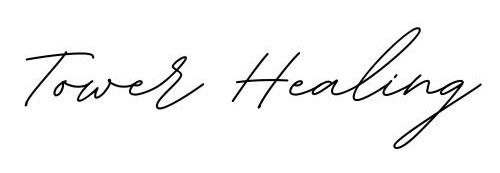The History and Mystique of Friday the 13th
Friday the 13th has long been shrouded in mystery and superstition, but the origins of its bad-luck reputation are not as clear-cut as you might think. This infamous date is often viewed with caution, its connection to misfortune spanning centuries, fueled by a mix of historical events, religious beliefs, and cultural stories. So how did Friday the 13th become the unluckiest day on the calendar?
Fear of the Number 13: Triskaidekaphobia
At the heart of Friday the 13th is the fear of the number 13, known as triskaidekaphobia. Many cultures have deemed 13 unlucky for centuries, contrasting it with the perceived completeness and order of the number 12. In ancient mythology, there were 12 gods of Olympus, 12 months in a year, and 12 zodiac signs. The number 13, falling just outside this "perfect" number, was seen as disruptive and even dangerous.
Some trace this fear back to biblical references. At the Last Supper, there were 13 attendees, with Judas, the betrayer, often being counted as the 13th. This association with betrayal and death added to the number’s ominous reputation.
Why Friday?
Fridays, too, have historically carried a shadow of misfortune. In Christian tradition, Friday was believed to be the day of Jesus' crucifixion. As a result, Fridays were considered unlucky or inappropriate for starting new ventures. In some maritime traditions, sailors would avoid setting sail on Fridays, fearing it would bring bad luck.
The Merge: Friday the 13th
The combination of an unlucky day and an unlucky number was a perfect storm for superstition. While there are scattered references to Friday the 13th throughout history, it wasn’t until the early 20th century that the superstition truly gained traction in popular culture. Some say it was cemented in public consciousness with the release of Thomas W. Lawson’s 1907 novel, Friday, the Thirteenth, which depicted a stockbroker using the superstition to manipulate the stock market.
The superstition was further popularized in modern times by the Friday the 13th horror film franchise, which began in 1980. The movies capitalized on the fear and mystique surrounding the date, making it synonymous with horror and bad luck in the public imagination.
Friday the 13th and Tarot: A Connection of Mysticism
While Friday the 13th and Tarot don’t have a historical or direct association, both carry deep connections to mystery, fate, and the unknown. Tarot cards have long been used as tools of divination, helping people explore their intuition and gain insight into the future. Friday the 13th, with its association with bad luck and superstition, aligns with these themes of uncertainty and the unknown.
In fact, some modern practitioners believe that Friday the 13th can be a particularly powerful day for Tarot readings, as the heightened energy of the day can enhance intuition. Both the date and Tarot cards tap into the realms of mystery, fate, and self-reflection, making it an intriguing day for anyone seeking guidance or clarity through divination. For some, Tarot readings on this day offer a chance to explore their fears, desires, and inner truths, turning what many see as a day of bad luck into an opportunity for transformation.
Friday the 13th Today: A Day of Mystery
While many dismiss Friday the 13th as just another date on the calendar, others still view it with a sense of caution or intrigue. It’s become a day where we reflect on our relationship with luck, fate, and the unknown. For some, it’s a day to be avoided, while for others, it’s seen as an opportunity to embrace the mystery and magic of the unknown.
Whether you see Friday the 13th as a day of bad luck or a time to tap into your intuition with tools like Tarot, one thing is for sure: its cultural significance continues to thrive, reminding us of the powerful role superstition and folklore play in our everyday lives.
